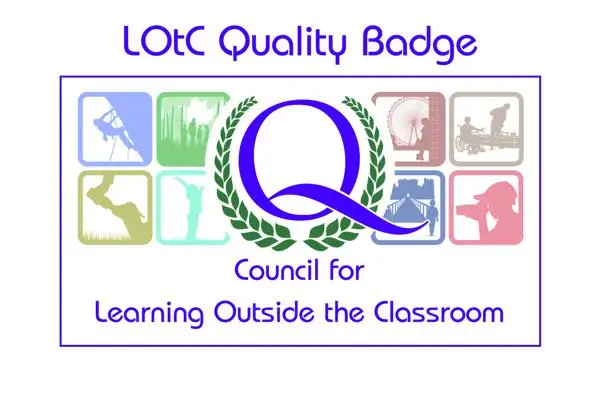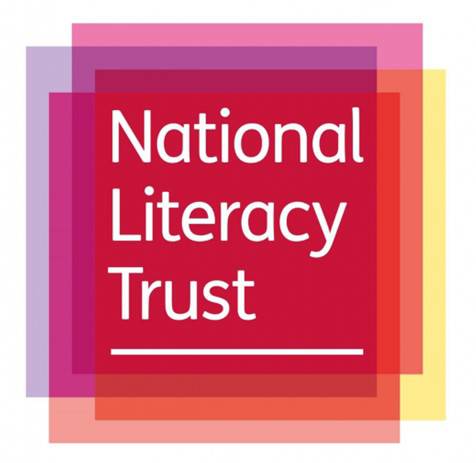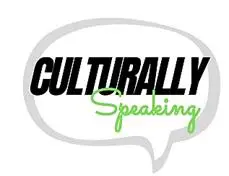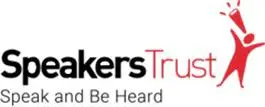School workshops from Keats House
School workshops are available on Wednesdays and Thursdays, in the morning (10.30am-12.30pm) or afternoon (2pm-4pm). The charge for a taught session (typically two-hour duration) is £99 per class visit for state schools, or £129 per class visit for independent schools.* Accompanying staff members do not pay a fee. Please contact Keats House if you would like to arrange a session.
Please note that a group is defined as a single class as taught in school. We cannot accommodate joint class visits of more than 30 students.
*If a booked session is cancelled with less than ten working days' notice, the school remains liable for the full cost of the visit.
School Visits Fund
The City of London School Visits Fund may be able to support your school visit to Keats House. This fund provides grants of up to £300 towards the costs of facilitated sessions, admission, transport and/or teacher cover for eligible schools.
Learning Outside the Classroom
Keats House is a Quality Badge holder for Learning Outside the Classroom, certifying that the house meets all quality indicators for both risk management and educational provision as an out-of-school educational site.

Risk assessment
Our risk assessment is available to inform your own risk assessment when visiting Keats House.
Special Needs
We aim to make the house and events as accessible as possible to all visitors. If anyone in your group has any special need or disability which might affect the visit, including educational needs, please let us know in advance so we can put any necessary arrangements in place.
School workshops at Keats House
Ask the Doctor (for Key Stages 1-2)
A look at what medicine was like 200 years ago when Keats trained as a doctor, including a virtual tour of Keats House and a drama workshop.
Children will learn information and vocabulary relating to medicine both in the past and today, and develop creativity and teamwork.
Write a Poem: ‘The Naughty Boy,’ or ‘Cats and Other Creatures’ (for Key Stages 1-2)
An introduction to one of Keats’s best-loved poems, leading to creative writing and drawing activities. Choose from: 'A Song About Myself' and 'To Mrs Reynolds’s Cat.'
Children will gain understanding of a Keats poem, and will develop their creativity and confidence in using language independently.
Everything in the Garden (for Key Stages 1-2)
An exploration of the plants and living creatures in the Keats House garden, and the part they played in the life of Keats and his friends.
Children will learn facts about plants and arthropods in the garden through hands-on activity, and practice drawing and measuring skills.
Getting ahead in the Nineteenth Century (for Key Stages 2-3)
An exploration of what life was like for a young person in John Keats’s time, looking at images and objects from the early 19th century, and focusing on Keats’s experience as a trainee surgeon. The session includes a writing activity and a filmed encounter with ‘John Keats’, recounting his story in his own words.
Students will gain an insight into the lives of young people in the nineteenth century, and develop their creativity through discussion and writing.
Writing Workshop (for Key Stages 3-5)
Inspired by objects from the house or writings by Keats and other poets, write and share your own poetry.
Students will gain detailed understanding of a poem, develop their creativity and start to gain confidence in sharing their own work.
The Poems of John Keats (for Key Stages 3-5)
Accessible introductions to some of Keats’s most celebrated poems, including 'La Belle Dame Sans Merci,' 'Lamia,' the Odes and the sonnets.
Students will gain a detailed understanding of the poem studied, aided by information on Keats’s life.
In-depth workshops are also available for GCSE and A level literature students on Keats's Odes and sonnets, 'Lamia,' 'The Eve of St Agnes,' and 'Hyperion.'
To book any of these sessions, of if you have any enquiries, please contact Keats House.
Workshops offered with our Partner Organisations
Young City Poets - with the National Literacy Trust (for Key Stages 2-3)
Free sessions offered to students in Key Stages 2-3 at qualifying schools, in conjunction with the National Literacy Trust.

A tour and workshop at Keats House looking at objects that had a particular relevance to John Keats's life, as inspiration for students to write an ode of their own, with a follow-up visit by a published poet to develop the students' writing.
This session is offered in conjunction with the National Literacy Trust's Young City Poets project, which combines an initial writing session at a cultural venue in the City with support from a practising poet. To find out more about the Young City Poets project, contact Sophie Kirk at the Literacy Trust.
Culturally Speaking - with Speakers Trust (for Key Stages 3-4)


Students will develop their communication skills through exploration of the house and learning about John Keats's life.
The session begins with a tour, which directs the students to key objects with stories to tell about Keats's experiences as a young Londoner trying to find love and success.
The follow-up discussions and exercises will enable them to practice a wide range of communication skills, and finally each participant will give a short talk of their own.
For more details, including session charges, contact Claire Chappell-Meade at Speakers Trust.
Find out more about Speakers Trust.
History and Literacy workshop - with Poetry vs Colonialism (for Key Stages 2-4)

Through objects and stories in the house, students will investigate the ways in which the lives of John Keats and his contemporaries were influenced by the colonialist trade in products such as cotton, tea and opium. Poet Laila Sumpton leads a workshop looking further into colonial histories and poetic responses to them, and the students end by writing their own poems.
For more details, including session charges, please contact Keats House.
Find out more about Poetry vs Colonialism.